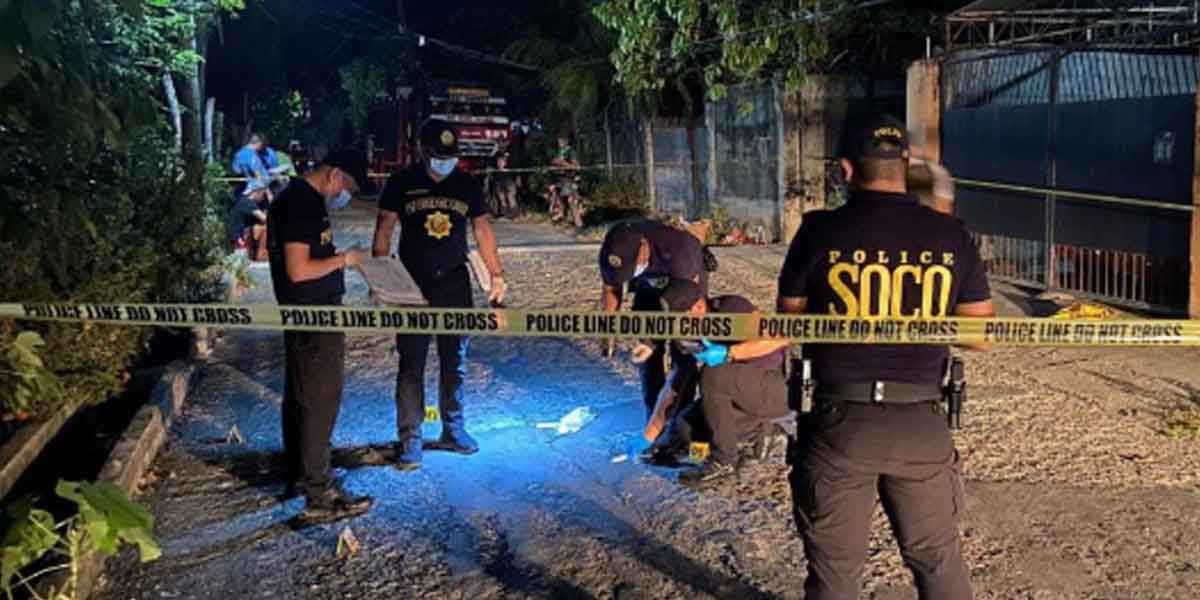
By Joseph Bernard A. Marzan
Iloilo City Mayor Jerry Treñas has endorsed the creation of the Negros Island Region (NIR), which is pending President Ferdinand Marcos Jr.’s approval, dispelling concerns about its potential impact on the Western Visayas region.
On the sidelines of the Power Up Western Visayas Energy Forum on Friday, Treñas conveyed to reporters his belief that the NIR’s establishment would also allow for stronger collaboration between the local governments of Panay and Guimaras.
“It will give Negros Island a chance to develop their full potential and ensure their participation in the country’s development due to their proximity. We will [be able to] work closer again, because [for us] in Panay and Guimaras, we will be the ones remaining,” he stated.
The creation of the NIR may affect the economic landscape of Western Visayas, but Treñas showed no apprehension, confident in Iloilo City’s enduring appeal to investors despite the change.
Currently, the Regional Development Council-6 is chaired by Bacolod City Mayor Alfredo Abelardo Benitez. If Bacolod City, along with Negros Occidental, were to split away, Iloilo City would remain the sole Highly Urbanized City in the region.
The formation of a new region would necessitate additional government funding for establishing and operating regional offices on Negros Island, potentially impacting allocations to other regions.
Regional offices for various government agencies are currently situated within Iloilo City and province, with branches in Bacolod City or Negros Occidental. Central Visayas, comprising only Cebu and Bohol, would also be reshaped by this change.
Treñas remained optimistic, emphasizing Iloilo City’s status as a top investment destination and expressing confidence in continued development and improvement.
“I don’t worry about [the impact]. We can see that even as a region, Iloilo City is still the number one investment place. That is why even if we have issues with water and power, this will ensure the development will continue here. It’s better that they improve, and we will improve here too,” he said.
The NIR, previously established in 2015 and subsequently dissolved in 2017, is now on the verge of reconstitution through legislative action. The House of Representatives recently concurred with the Senate’s bill delineating regional office locations.
The most significant distinction between the House and Senate versions is that the latter specifies the placement of regional offices of key government agencies.
Under Senate Bill 2507, Negros Occidental will host the Departments of Agriculture, Environment and Natural Resources, Agrarian Reform, Human Settlements and Urban Development, Justice, Interior and Local Government, National Defense, Budget and Management, Foreign Affairs, as well as the National Economic and Development Authority, the Commissions on Audit and on Elections, and the Philippine National Police.
Agencies to be housed in Negros Oriental include the Departments of Education, Social Welfare and Development, Health, Labor and Employment, Public Works and Highways, Transportation, Information and Communications Technology, Energy, Trade and Industry, Tourism, and Science and Technology, as well as the Technical Education and Skills Development Authority, Commission on Higher Education, Civil Service Commission, Philippine Statistics Authority, and Securities and Exchange Commission.
Benitez has criticized the inclusion of specific location assignments in the Senate bill, saying that it left “no room for flexibility in the future.”
The NIR previously existed via Executive Order No. 183 issued by President Benigno Aquino III in 2015, which was later revoked by his successor, President Rodrigo Duterte, in 2017 via Executive Order No. 38.
Discussions of instituting the region via legislation by Congress have been raised since Duterte’s revocation, with the late Negros Oriental Governor Roel Degamo continuously and heavily opposing its creation.
Degamo claimed a disadvantage in legislative representation with them having only 3 compared to Negros Occidental’s 7 (including Bacolod City’s lone district).



















